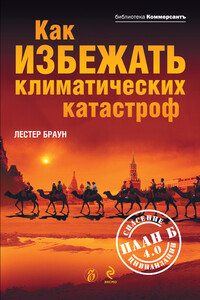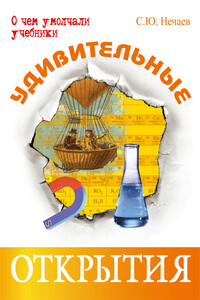Английский язык для специальных и академических целей: Международные отношения и зарубежное регионоведение. Часть 1 | страница 54
Loyalists decamped to Canada, which (like Europe) remained a more deferential, communal and paternalistic>28> society. But in America, the legitimacy of unchangeable social distinctions collapsed. Jefferson said that men would advance based on “virtue and talent,” and not on birth. The Revolution “made the interests and prosperity of ordinary people — their pursuit of happiness — the goal of society and government,” wrote Wood.
The resulting mind-set often means disappointment and division. All authority is suspect, because it elevates some over others and triggers an inbred distrust of “aristocracy” — now “elites” or callous CEOs. Popular culture is democratic and, therefore, sometimes shallow and offensive. Talk radio and trash TV are only new expressions of old impulses. Progress is never sufficient, because happiness — though constantly pursued — can never be guaranteed. Politicians fall short of the ideals that we (and they) set: one reason why we attack them even while admiring our system.
The election will expose these contradictions but not dispose of them. It's great to be an American, but we are burdened as well as blessed by our beliefs. That defines the American Drama.
1. Gallup poll — assessment of public opinion by questioning a representative sample of people, esp. in order to forecast voting at an election. Gallup polls are named after the American statistician, George Horace Gallup, who invented them.
2. Individualism — is closely allied to ideas of freedom. It encompasses a number of goals which individuals may wish to attain including maximizing personal opportunities, realizing one's potential, the fulfillment of aspirations, enjoyment of wealth, property and privacy as well as the security which results from a well-ordered and peaceful society, egalitarianism — political theory that all members of society have equal rights and should have equal treatment.
3. Welfare state — a term used to describe a national system when all citizens are required to contribute through taxation or other contributions to the provision of social services such as health, education, financial benefits, pensions, etc. These services are available to all according to need on a free or subsidised basis.
4. Alexis de Tocqueville (1805-1859 — French democratic theorist, author of De La Democratie en Amerique (Democracy in America) and De L'Ancien Regime, which set out nineteenth century liberal ideas. Tocqueville used the term “democracy” meaning a society where there


